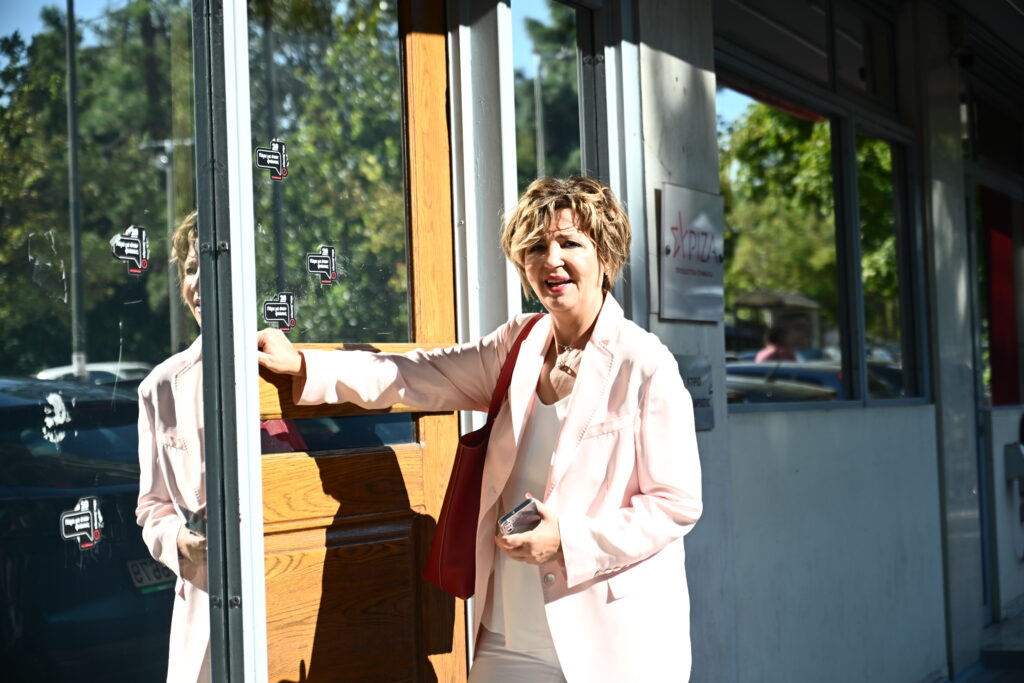Huge call on 12.9m Aussie salaries
Written by admin on September 18, 2024
Employed women are $4092 a year richer under Labor than they would have been under the Coalition, the Industrial Relations Minister has claimed, as he moves to spruik Labor’s moves to reduce the gender pay gap.
In his speech to the National Press Club on Wednesday Murray Watt, who came into the job in July following a cabinet reshuffle, will also criticise opponents to Labor’s industrial relations reforms – which have recently been blasted by business leaders.
Senator Watt will say the average woman would be $78.70 a week worse off under the Coalition government, in which the gender pay gap was at an average of 15.4 per cent, with the pay deficit now at 11.5 per cent.
“That is making a material difference in the lives of women across the country,” he will say on Wednesday.
“If the gender pay gap stayed at the Coalition average of 15.4 per cent, women would overall be $78.70 per week worse off than they are now.
“That’s an extra $4092 in the pockets of women every year under this government.”
Senator Watt will also use his speech to back in Labor’s industrial relations reform, flagging its push to give “undervalued” early childhood and early childhood educators a 15 per cent wage increase.
He will also lash critics who “run scare campaigns about the impact of our changes on employers or the Australian economy,” name his political opponent and the Coalition’s spokesman for industrial relations Michaelia Cash.
“I’m not pretending that economic conditions aren’t difficult right now. But the facts don’t support the predictions of doom that accompanied our reforms, not the inflammatory descriptions of what’s happening right now,” he will say.
His comment also follow an attack from Business Council of Australia’s chief executive Bran Black who called for an end in multi-employer bargaining, which has made chief executives “far more cautious about hiring”.
Mr Black made the comments at the group’s annual dinner on Tuesday night, and took aim at Prime Minister Anthony Albanese and Treasurer Jim Chalmers, who were both in attendance.
“All of this reduces our competitiveness as a nation,” he said.
“And the upshot is best illustrated by the fact that I now have members – major employers – who are now actively choosing to invest overseas rather than in Australia”.
However, Senator Watt will defend Labor’s policies and say the changes have increased employment, while also reducing strikes citing figures that days impacted by industrial action have reduced on average from 2.4 working days per 1000 under the Coalition government, to about 1.8 work days under Labor.
“I hate to disappoint the fearmongers, but there is no evidence the economy has collapsed due to our workplaces,” he will say.
“To the contrary, the facts show that many employers are benefiting from our emphasis on co-operation and rewarding employees,” he will say.
On Tuesday, Mr Albanese also refuted Mr Black’s comments, stating that his government’s priorities were in line with Mr Black’s policy concerns over cost of living, the housing crisis, reach net zero, increasing cost of aged care, and Australia’s skills shortage.
“One of things I noticed from the BCA’s list of five priorities is they’re my government’s priorities as well,” Mr Albanese said,
“That’s a good thing that we’re in sync on what the priorities are, as well as addressing the challenges.”







